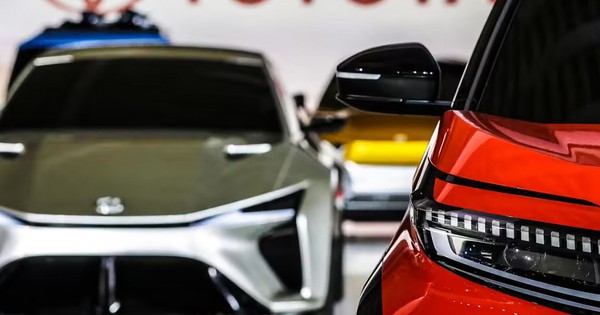Toyota Doubles in Value Despite China’s 12% Decline
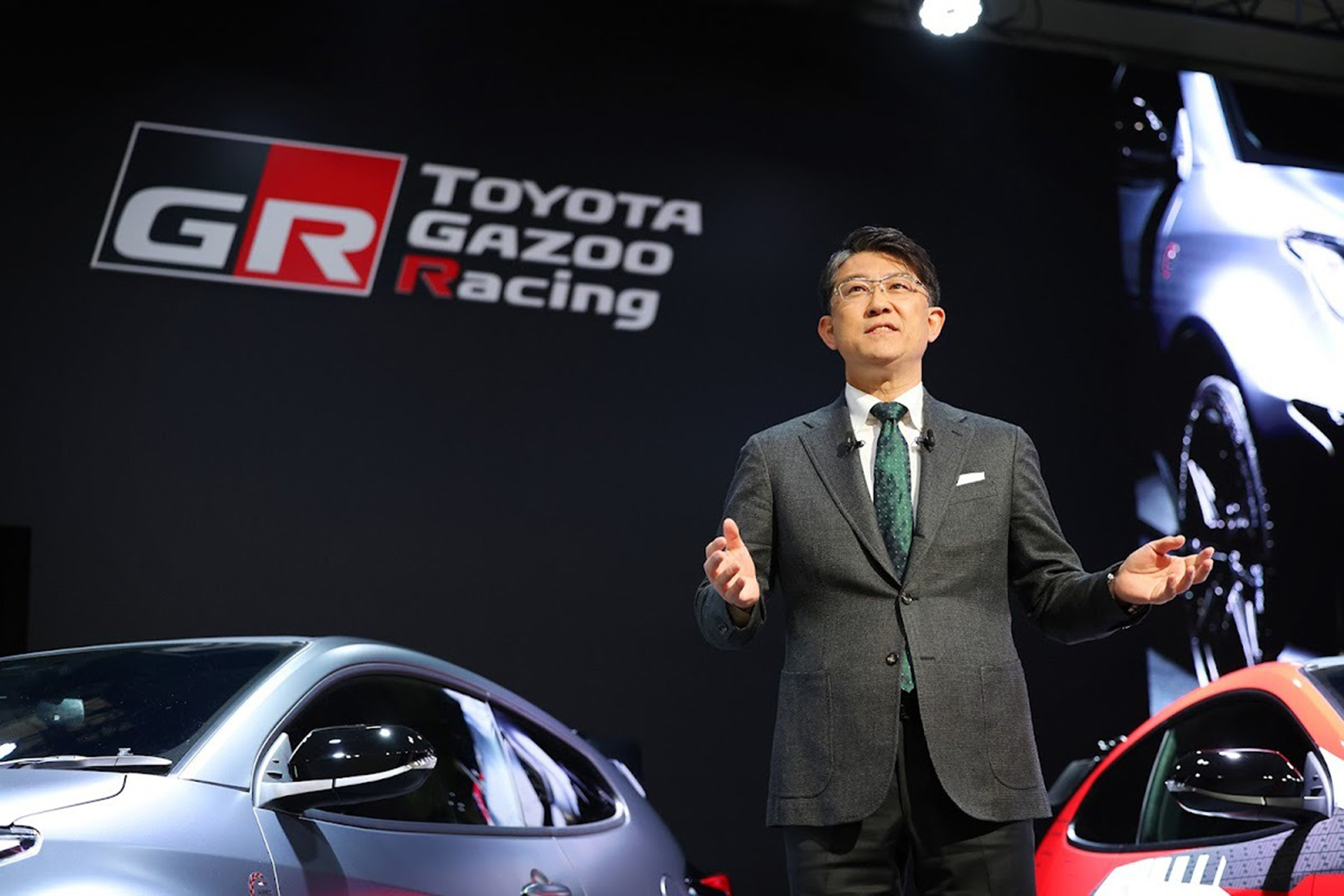
Image Source: Autopro
Toyota, the Japanese automotive giant, has managed to increase its value twofold despite a 12% decline in the Chinese market. In just one year under the leadership of Chairman and CEO Koji Sato, the company’s value and profits have reached record highs. This achievement is even more impressive considering Toyota is still in the process of addressing quality control issues within its subsidiary, Daihatsu.
Record-breaking Value
On March 1st, Toyota officially became the first Japanese company with a market capitalization exceeding 60 trillion yen, equivalent to $395 billion. This figure is nearly double the value it had at the end of March 2023. In just three weeks, Toyota’s value increased by approximately 1 trillion yen as investors recognized the company’s growing profitability.
Toyota’s market capitalization has broken a 37-year record previously held by NTT, a telecommunications company, since the growth bubble era in 1987. The company’s stock price has risen by an impressive 93% over the past year, making it the largest increase among global automobile manufacturers. In comparison, Honda’s stock rose by 53%, Stellantis by 46%, Chinese giant BYD fell by 12%, and electric vehicle pioneer Tesla plunged by 34%.

Source: Business Today
One of the key factors contributing to Toyota’s success is its unconventional strategy in the face of the challenging climate crisis. While many global automakers focus on developing electric vehicles, Toyota has chosen a different path: hybrid electric vehicles.
This strategy emphasizes providing consumers with a wide range of choices, primarily focusing on hybrid vehicles (including both hybrid electric vehicles and plug-in hybrid electric vehicles), as well as hydrogen fuel cell vehicles and fully electric vehicles. Although the number of models available for the latter two categories is limited, hybrid vehicles have achieved remarkable sales growth, reaching 3.42 million units in 2023. Toyota’s market share in the hybrid segment has risen to 60%, driven by the popularity of the RAV4 compact SUV in North America and Europe.
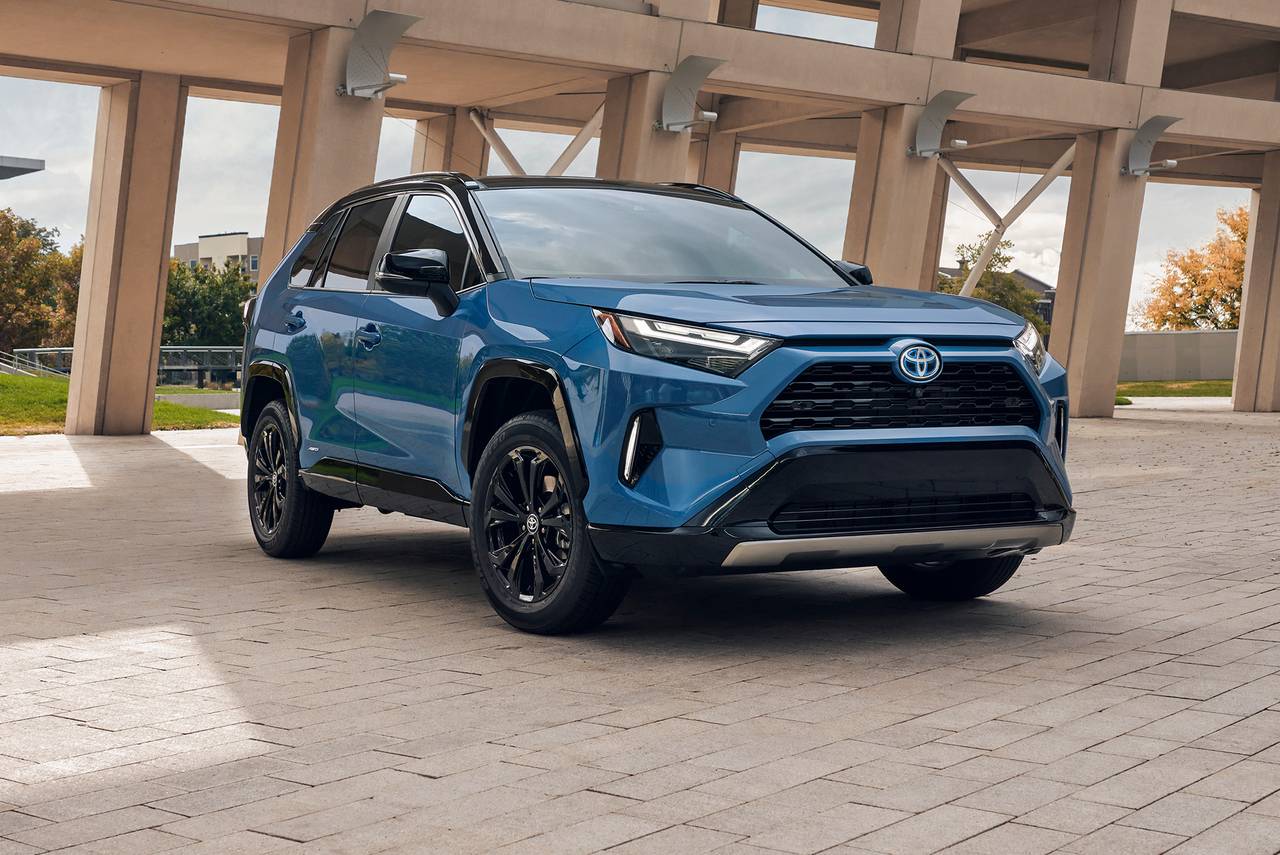
Image Source: Autopro
In contrast to the growth of hybrid vehicles, sales of fully electric cars have been slower as customers prioritize vehicles with better fuel efficiency and more attractive prices. Toyota has been able to significantly reduce the production costs of its hybrid vehicles, with the latest models costing only 1/6th of the original Toyota Prius launched in 1997. Nikkei Asia reports that Toyota now earns higher profits from hybrid vehicles than from gasoline-powered vehicles.
However, while Toyota has experienced tremendous growth in the hybrid sector, its development of fully electric vehicles has faced challenges. In 2023, Toyota sold 104,000 electric vehicles, which accounted for only around 1% of its total sales, including Lexus vehicles.
Electric Vehicles Remain the Goal!
According to MarkLines’ statistics, Toyota ranked 24th worldwide in electric vehicle sales last year. While this represents a 4-place improvement compared to the previous year, the company still lags far behind Tesla, the leader with 1.8 million electric vehicle sales, and BYD, the runner-up with 1.57 million electric vehicle sales.
However, Toyota plans to rise through the ranks. The company aims to launch 10 new electric vehicle models by 2026 and sell 1.5 million units that year. By 2030, Toyota targets sales of 3.5 million electric vehicles. In contrast, Elon Musk has boldly set a goal of selling 30 million electric vehicles by 2030.

Source: Business Today
Toyota’s new generation of electric vehicles will undergo a completely new manufacturing process. This process, which halves the number of steps and reduces factory investment costs by half, includes the revolutionary Gigacasting method pioneered by Tesla. With Gigacasting, the manufacturer casts and molds a major vehicle component as a single seamless structure, eliminating the need for welding. Toyota’s future electric vehicles are expected to be divided into three sections – front, body, and rear – using the Gigacasting technique.
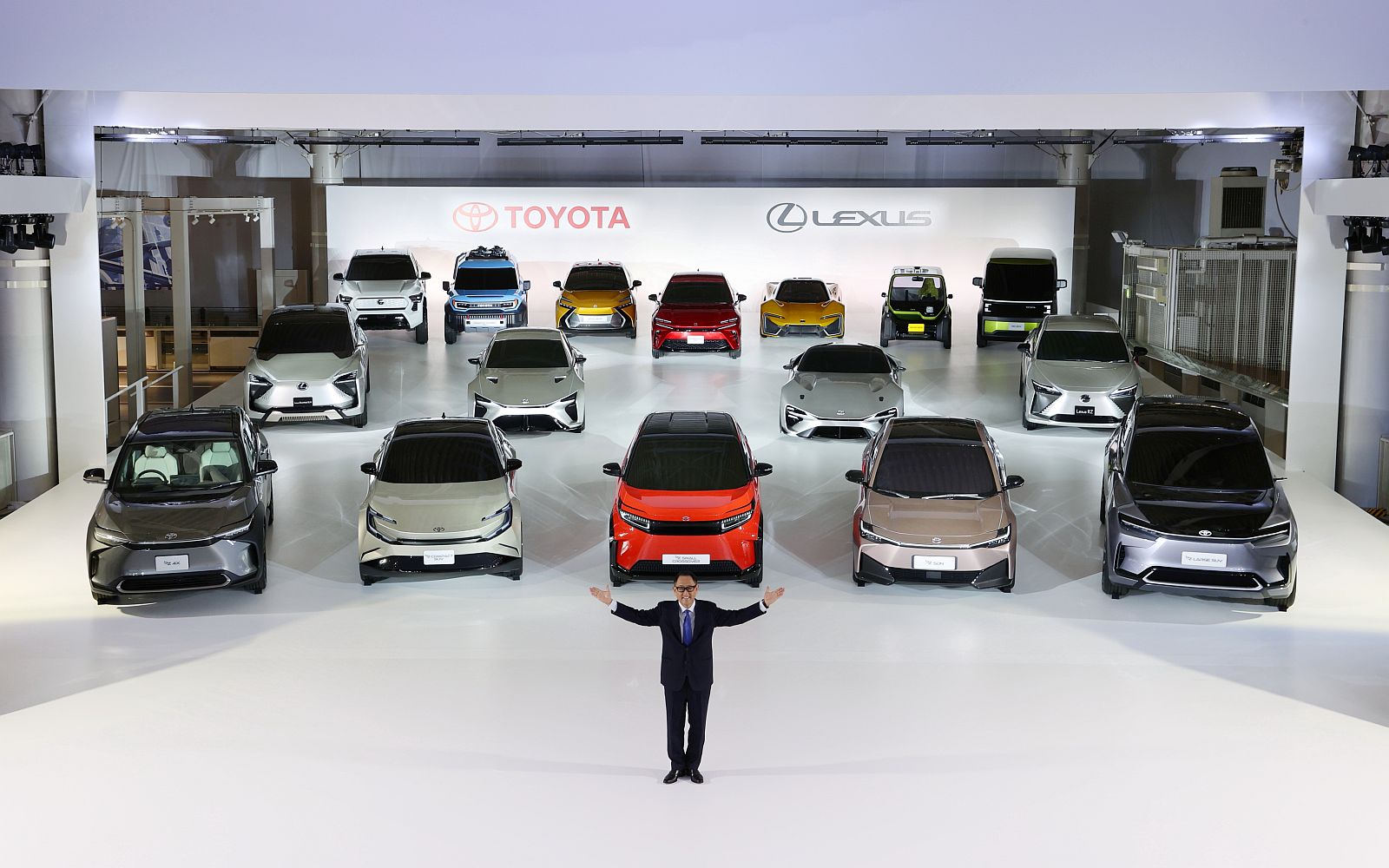
Image Source: Autopro
In addition to Gigacasting, Toyota is also researching solid-state batteries, which are expected to be implemented in their vehicles by 2027 or 2028. Toyota’s solid-state batteries will be capable of charging in less than 10 minutes and offer double the driving range, up to approximately 1,200 kilometers.
Toyota’s Chairman and CEO Koji Sato stated that the developed solid-state batteries “will be compatible with both sports cars and dedicated vehicles.”
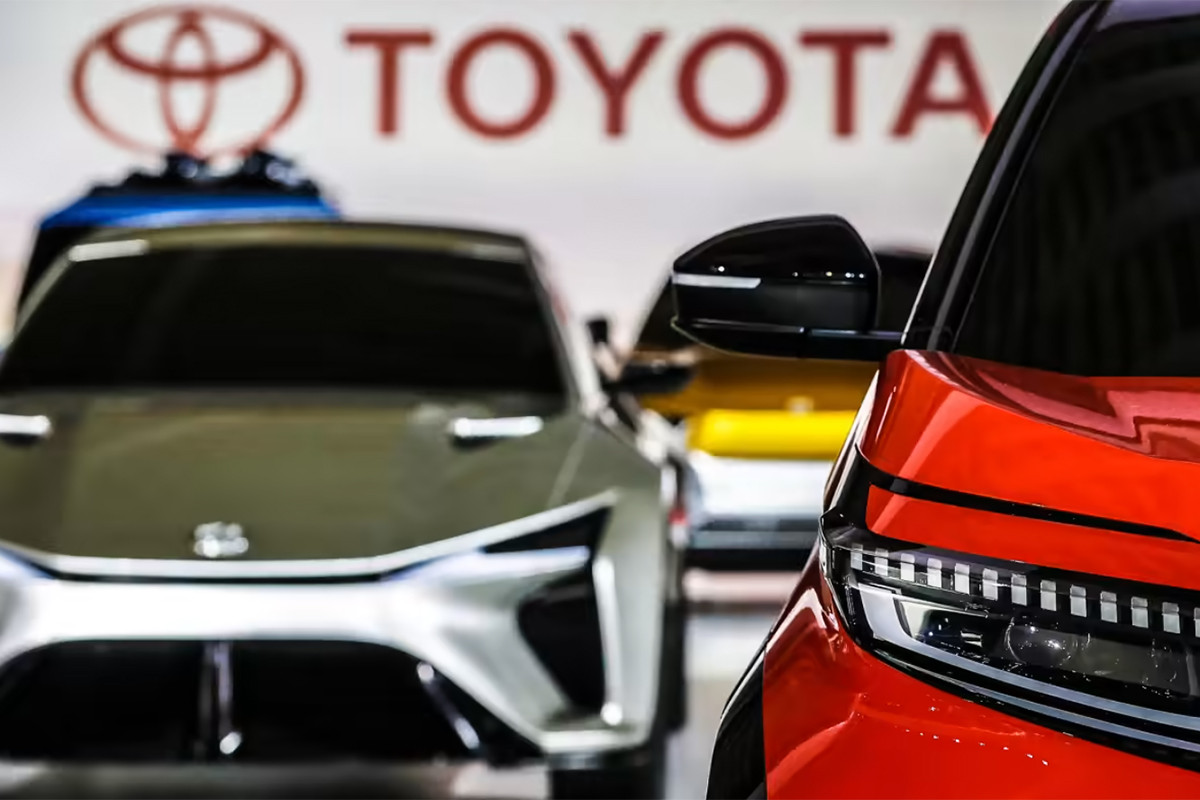
Image Source: Autopro
However, Toyota currently faces a major challenge within its subsidiary, Daihatsu, as 64 vehicle models are affected by technical cheating. Consequently, Daihatsu has halted all vehicle deliveries.
In January, Toyota Industries reported irregularities in testing with 14 engine models used in industrial machinery and automobiles. The source of these issues can be attributed to the demand for shorter development times. Consequently, Toyota will review its plans for developing new models and limit domestic production to approximately 14,000 vehicles per day.
In fact, Toyota has been producing fewer than 11,000 vehicles per day since 2022, but this number increased to 14,000 vehicles per day in 2023. At times, production nearly reached the maximum capacity of 15,000 vehicles per day, straining Toyota’s manufacturing capabilities as well as those of its suppliers.
Toyota’s CEO Koji Sato stated, “We will take time off to temporarily reduce the workload.”
The majority of Toyota’s growth can be credited to the era of its predecessor, Akio Toyoda. Going forward, Koji Sato will face numerous challenges, including restructuring the company and transitioning to electric vehicle development and production.
For more news and updates on the business world, visit Business Today.

